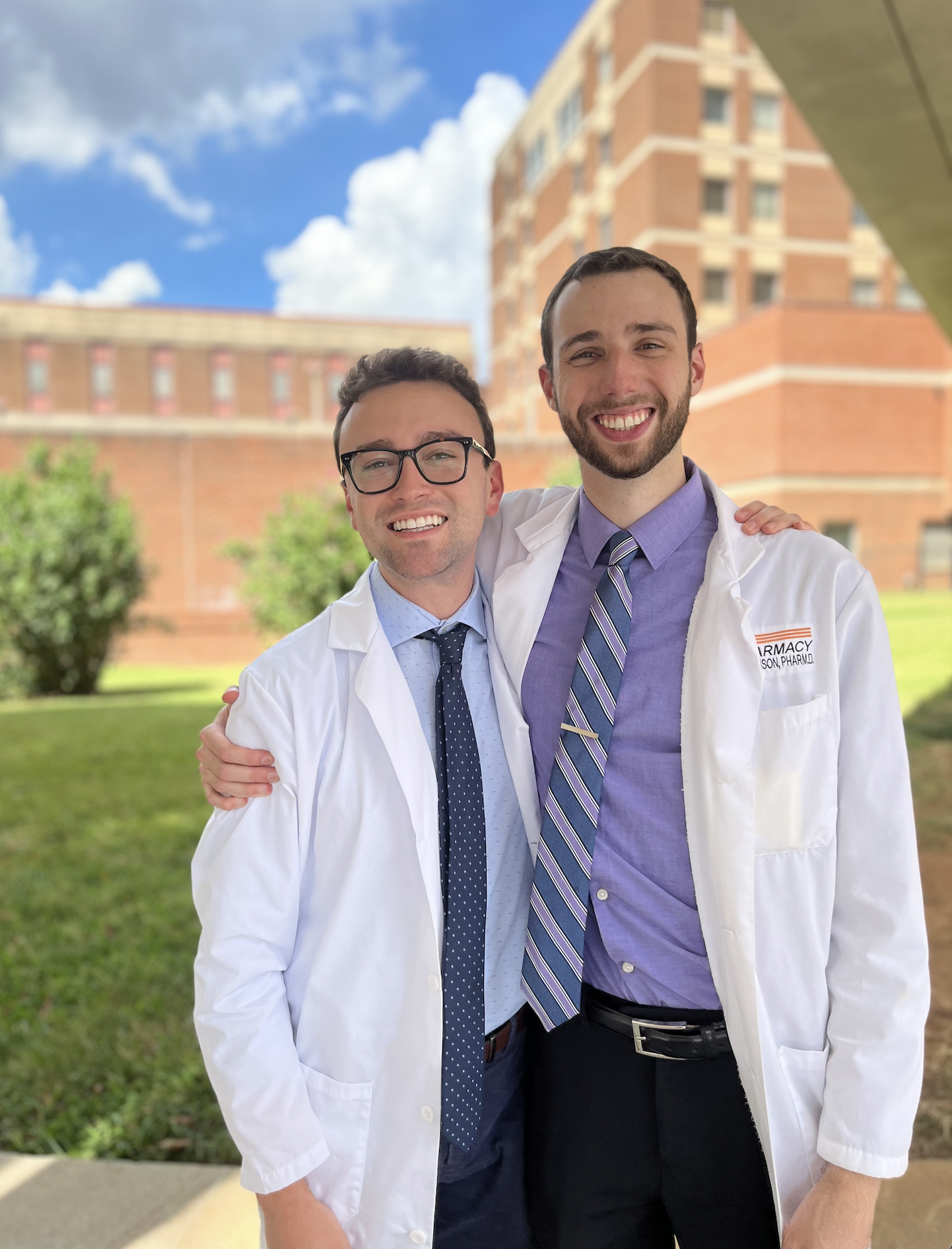Thank you for your interest in the pharmacy residency programs at the University of Tennessee Medical Center. At UTMC, we are committed to excellence in patient care, education, and research. Our Pharmacy Residency Program is an integral part of this commitment, designed to prepare pharmacists for successful careers in a variety of practice settings. We are a nationally renowned pharmacy residency program, developing leaders in pharmacy since 1991.
We distinguish ourselves as the exclusive academic medical center and Level 1 Trauma Center in the region. Moreover, we proudly bear the distinction of being an Advanced Comprehensive Stroke Center, in addition to housing a Level III Neonatal Intensive Care Unit.
Our programs are accredited by the American Society of Health-System Pharmacists. The Department of Pharmacy offers both Postgraduate Year One (PGY1) and Post Graduate Year Two (PGY2) pharmacy residency programs.


